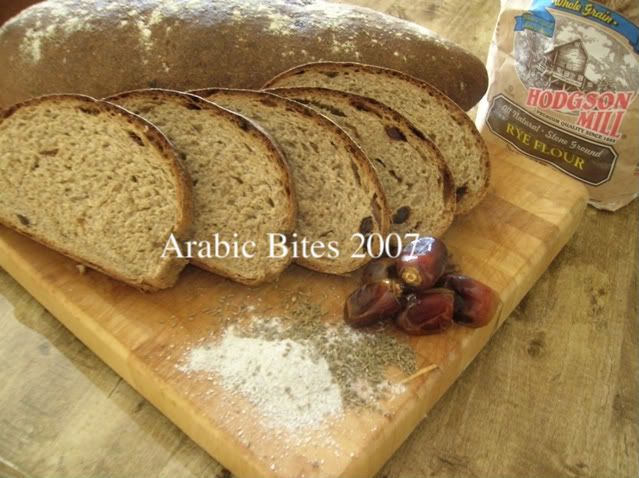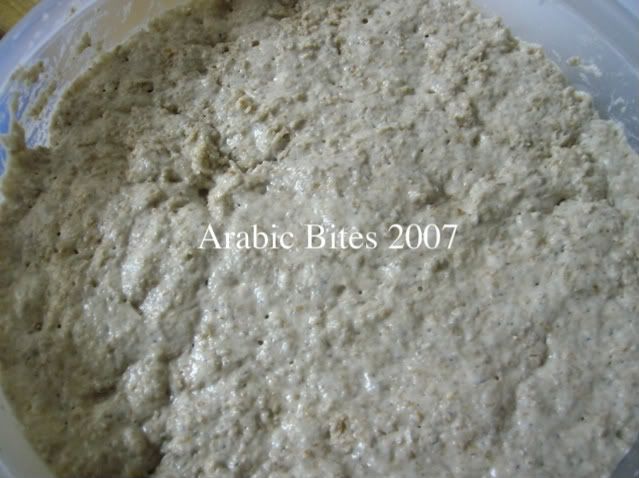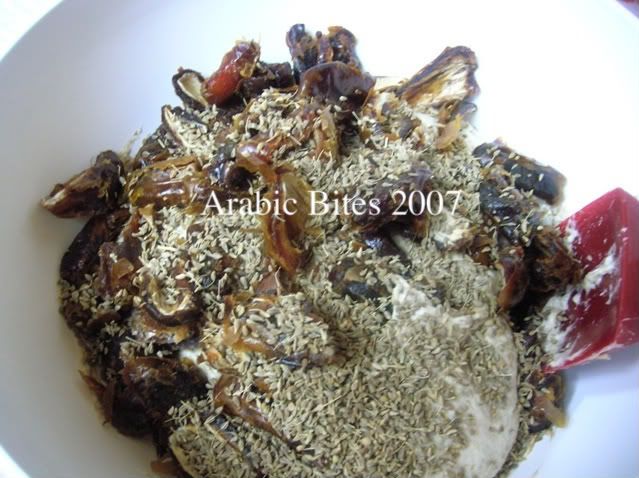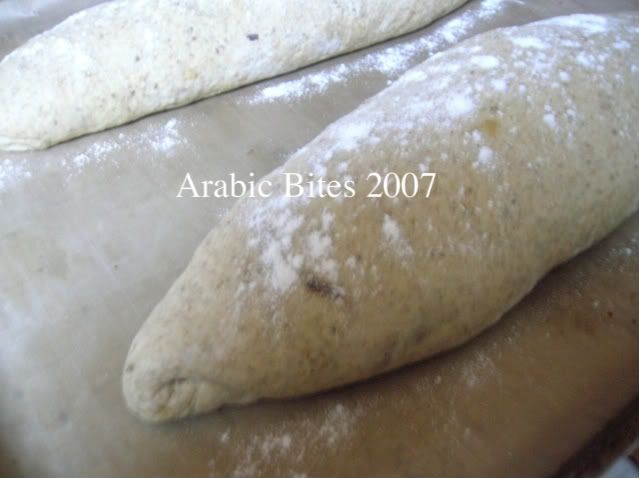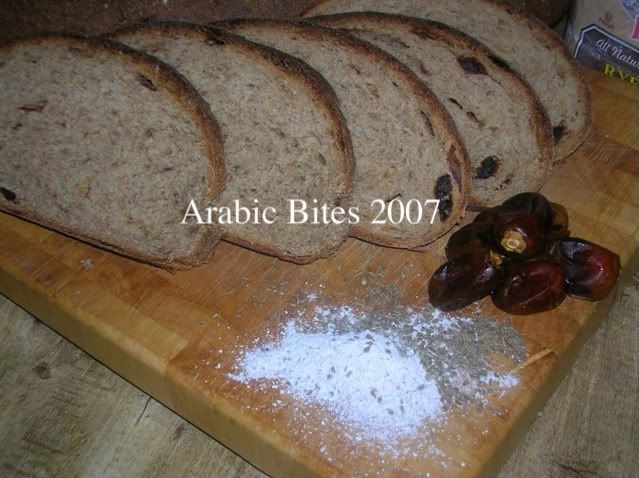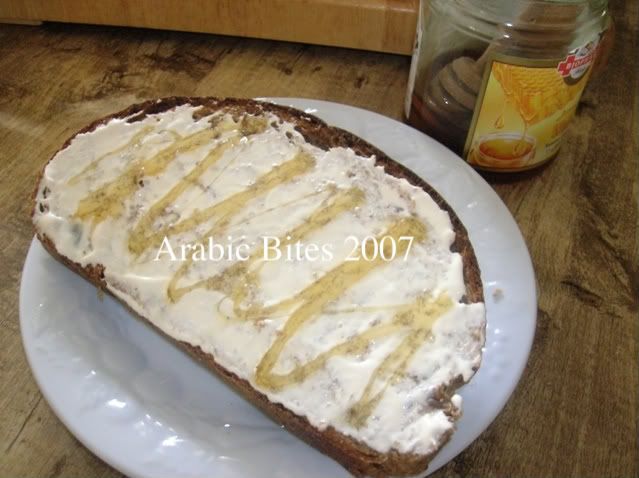
lard - healthier than shortening? how unhealthy?
This post is a bit off topic as it's really about nutritional quality of the ingredients rather than baking quality.
A recent post on trans fats got me thinking about good ole lard. I've never cooked or baked with it, but I understand it is available for purchase in many places now. My addled brain says that it is in fact less of a health problem than the hydrogenated vegetable shortening which replaced it.
I cook and bake with butter - OK, sometimes way too much butter. From a nutrition standpoint is lard really any different?





